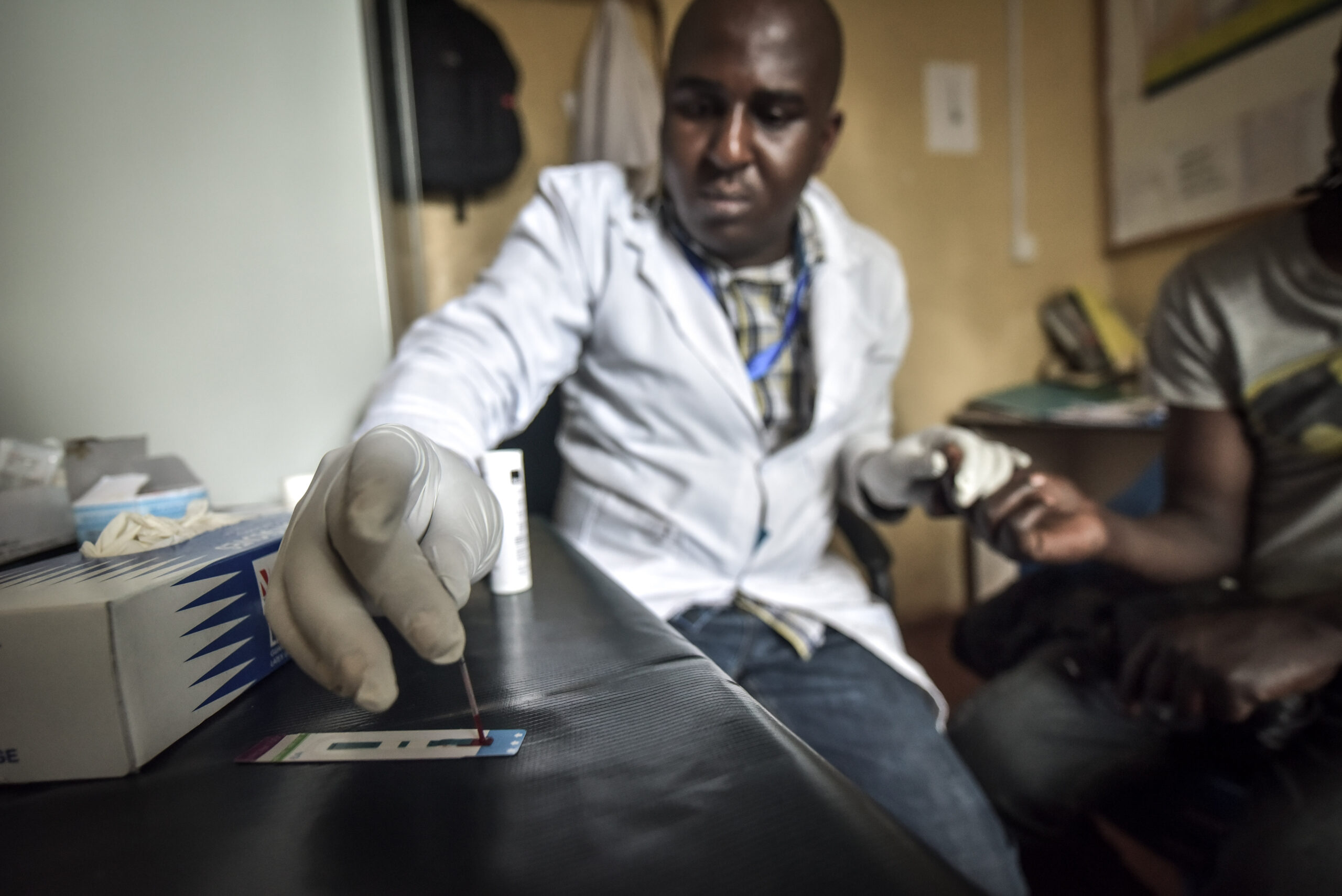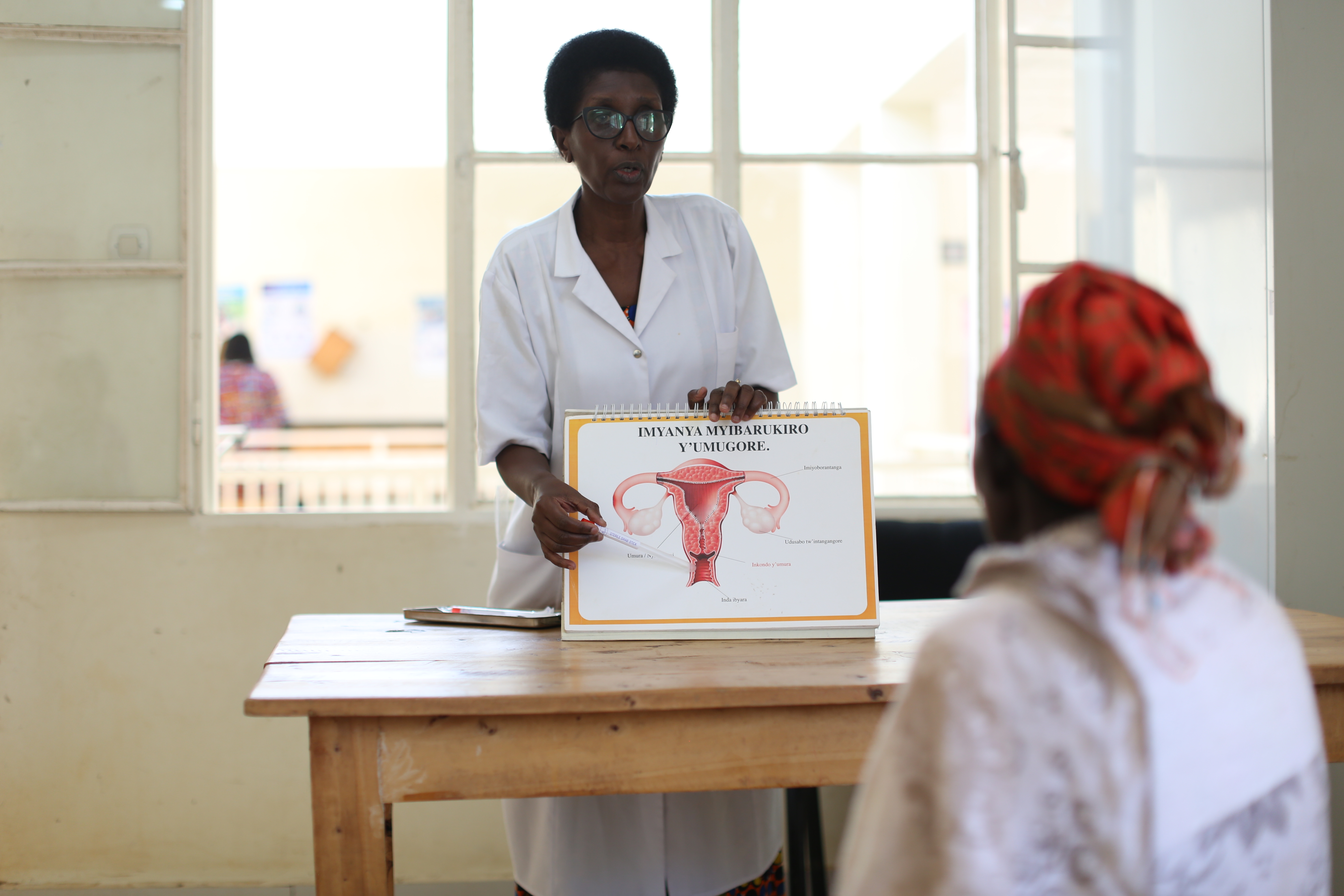The problem
Availability of hepatitis C diagnosis and treatment was extremely limited in low- and middle-income countries and models of care were not well adapted to the needs of people with HIV and hepatitis C coinfection, who often present with multiple health problems.
Download the project evaluation
Our response
Through this project, we demonstrated that it was feasible to treat hepatitis C in places where resources were limited and to achieve high cure rates. The project developed, successfully tested and advocated for simplified, adapted and affordable care models for hepatitis C in low-resource settings.
The grant made some progress towards overcoming all the access barriers that inhibit the delivery of hepatitis C care at scale: affordability, supply and delivery, and demand and adoption. The results of the project informed normative guidelines for screening and treatment of hepatitis C. This was a major step leading towards an uptake of hepatitis C treatment and care. The grant has also played a catalytic role within MSF, accelerating the development of hepatitis C programs.





